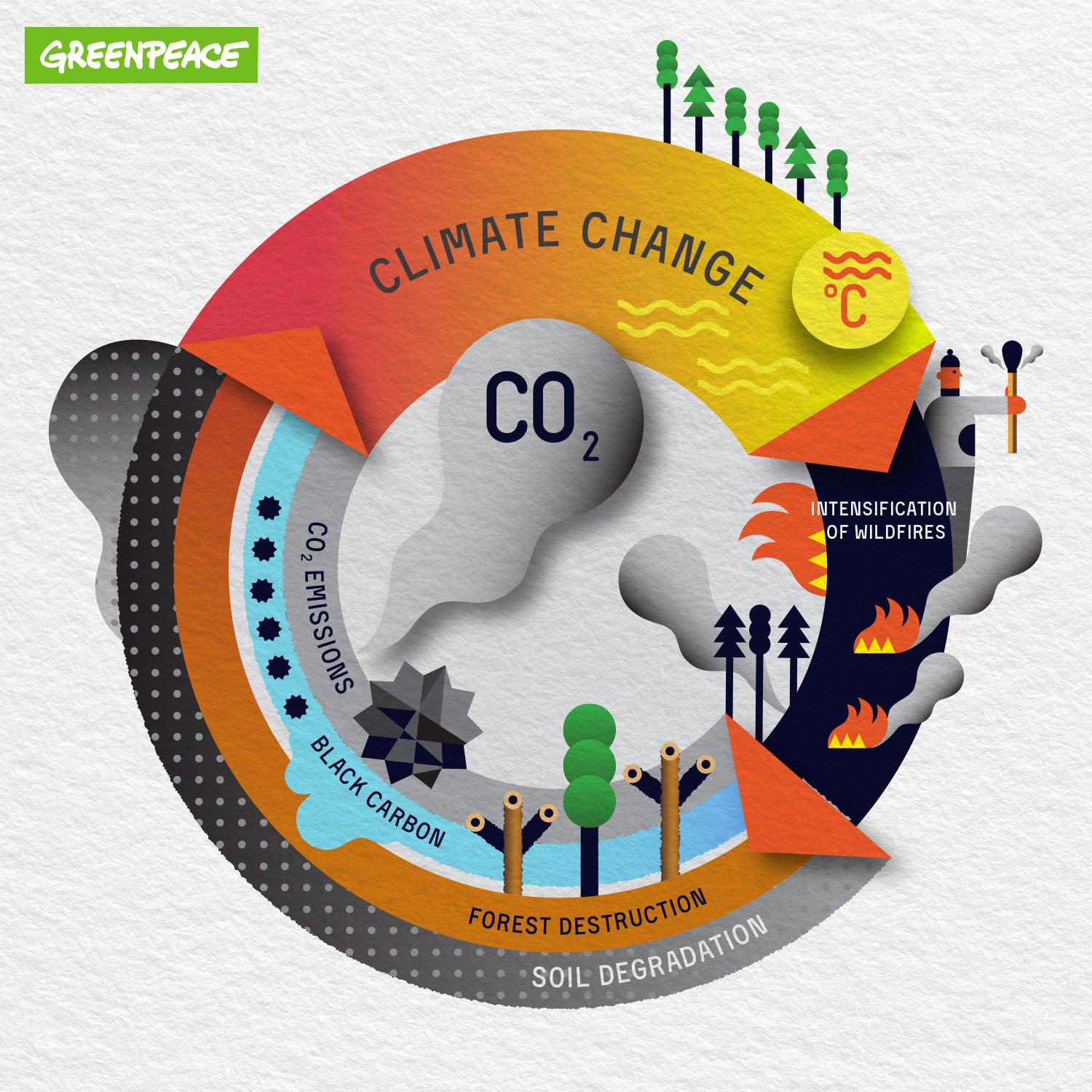Global Warming and Water
- ScienceNerd14

- Aug 21, 2019
- 1 min read
First of all, a warming climate causes water that we need to be evaporated at much faster rates. In some areas, this can lead to increased amounts of flooding and runoff. While other areas will suffer from lack of rain in warmer months and more severe droughts. Wet areas will become wetter while already dry areas will struggle further. This is clearly dangerous, because this will cause issues for the economy and for the life of people in general. Water temperature rising due to global warming will cause for there to be lower levels of dissolved oxygen in water, causing stress on the animals living there. Precipitation will also lead to increased runoff, which will lead to more pollution in our water. Also due to global warming and climate change, the sea level will rise. This will affect areas close to bodies of water, including the ecosystems. Rising sea levels will drive saltwater into freshwater aquifers, meaning that the water would have to be treated using energy processes. Water resources will be affected deeply by global warming. Droughts will also lead to lack of plant life and food. Water sustains life and it doesn’t just affect people, and it doesn’t just affect our thirst. In fact, some believe that the next world war is likely to be over water. We need water to survive. We need to stand up for science and work to stop global warming from ending lives. Next time you drink a glass of water, think about this. We need to make a change.
Source: https://www.ucsusa.org/global-warming/science-and-impacts/impacts/water-and-climate-change.html
🌊💦💧💦💧🌊💦💧💦💧🌊




Comments